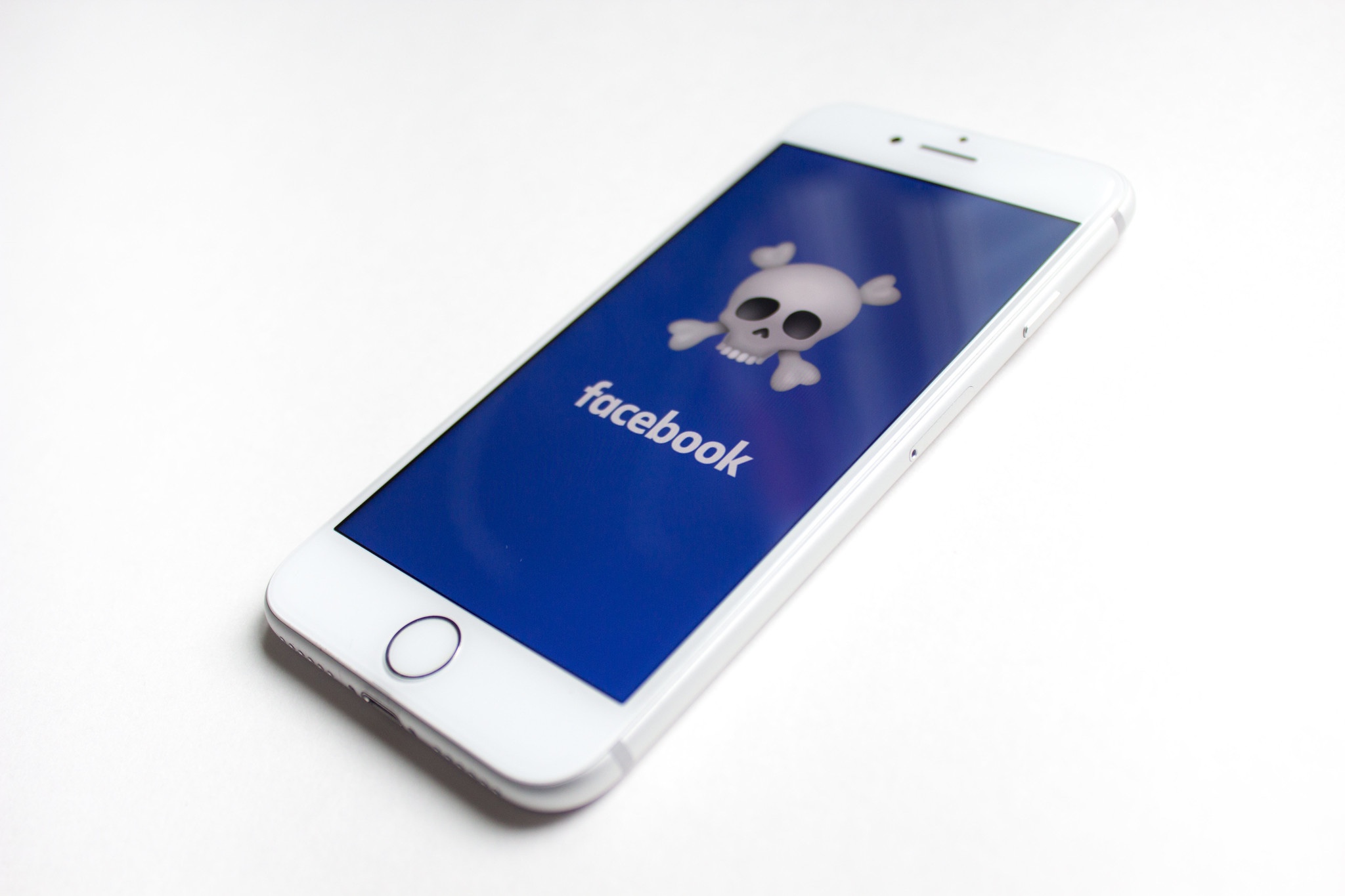Facebook changed its business plan from successfully running a social media platform to unsuccessfully saving the world. Can it last?

Back when Mark Zuckerberg wasn’t an expert on politics, social policy, censorship or electioneering, he was just a college kid with a big idea.
Or perhaps, depending on who you believe, he was a college kid looking for a big idea. Whatever the case, when Mark Zuckerberg met the Winklevoss twins, Facebook was born. That it was born from the desire of a barely post adolescent Zuckerberg- and his college cohorts- to rate the looks of female classmates according to their datability set the tone for what Facebook was fated to become from the first keystroke.
“I thought once everyone was allowed to freely express their ideas, the world would automatically become a better place,” lamented one Twitter founder famously. “I was wrong about that.”
You don’t say? Clearly this person spent way too much time learning to code. Human beings are lightyears messier and harder to understand than ones and zeros.
There is a very simple reason for this: Humans don’t always behave logically. And even the ones who do don’t always behave logically.
People still drive drunk, they leave children trapped in hot cars while they barhop. They spend the family’s food budget on crystal meth, and worse. None of this makes the remotest sense to the rest of us.
And even people who aren’t criminals do other things that don’t make sense, like pay $65,000 to kill a giraffe. In addition, some people just aren’t all that smart. Some are rude, ill-tempered, maladjusted, irascible, mad at the world and everybody in it. Some are suffering from mental illness. Some are delusional. Others are just having a bad day.
Facebook, its rise and eventual fall, hasn’t exposed the limits of technology in our advanced age, or the evils of social media, or the need for content moderation in the virtual square.
It has, if anything, exposed the limits of humanity- and its vastness. Facebook exposed the narrowness of our perspective on humanity and ourselves in it.
After the novelty of Facebook wore off, most of us were left with the knowledge of who we probably should have been friends with in High School and little else.
For this, we have been forced to painfully confront, for the first time in history, how differently we all think. Humankind is an idealogical spectrum of special, unique snowflakes and there are 7 billion of us.
The subjectivity of morality, and the problem of free will, are twin terrors which have plagued and blessed humanity since the dawning of time. What’s worse, human nature- illogical and mercurial- is impossible to subvert or circumvent forever.
The moment Facebook started trying to fix the systemwide illogic bug in humanity was the beginning of the end. Imposing a moral values system in the form of a company mission statement is one thing; trying to eradicate, or even moderate, all the conflicts and differences of opinion which have been humanity’s constant companion for at least 200,000 years of anatomical modernity is quite another.
Reconciling humanity’s infinite differences just isn’t possible. It isn’t even desirable. Instead, Facebook should dedicate itself to reconciling humanity to its differences.
Being the arbiters of morality and ultimate truth is a tough gig, as any televangelical, mega church pastor, New or York Times editor can tell you. Mark Zuckerberg should give it up at once, and dispense with any notion that he knows whats best for the rest of us.
Trying to have the franchise on morality and universal truth is a herculean task so difficult, only a few of the world’s religious leaders ever even attempt it anymore: The Pope, yes; the Dali Lama, no.
In the end LuLaRoe failed because it too tried to become an arbiter of morality- on a wife’s role in the home, on work ethic, on personal choices; it went from selling leggings to selling a lifestyle which could only be achieved through unwavering cooperation with the LuLaRoe vision.
The company, and its founders, went from making billions selling metric tons of cheap leggings to unwittingly starring in a documentary about their failures. Selling leggings is easy, especially for someone who got their start selling maxi skirts out of the trunk of a car.
Fixing people’s lives, to say nothing of fixing people or fixing society, is well beyond the purview of any retailer, be they selling leggings of questionable fashionability or hosting a social media platform where people were bound to spout nonsense, disagree, and complain constantly about each other.
In the end, Facebook too may fail because it tried to become the ultimate arbiter of truth and morality rather than a social media platform selling ad space. Somewhere along the line, it went from connecting people- as messy and uncomfortable as that was bound to be- to selling a better vision of the future which could only be achieved through unwavering cooperation with the Facebook ideal of what the world should be.
That isn’t something people look for in their social media company, nor should they. It is a laudable goal, but as anyone who has ever tried to save the world before could tell Mark Zuckerberg, it just won’t work. It can’t.
To truly save humanity, you’d have to save people from themselves- forever. Which is something well beyond the ability of any company, even Facebook.
Because it’s impossible.
(contributing writer, Brooke Bell)